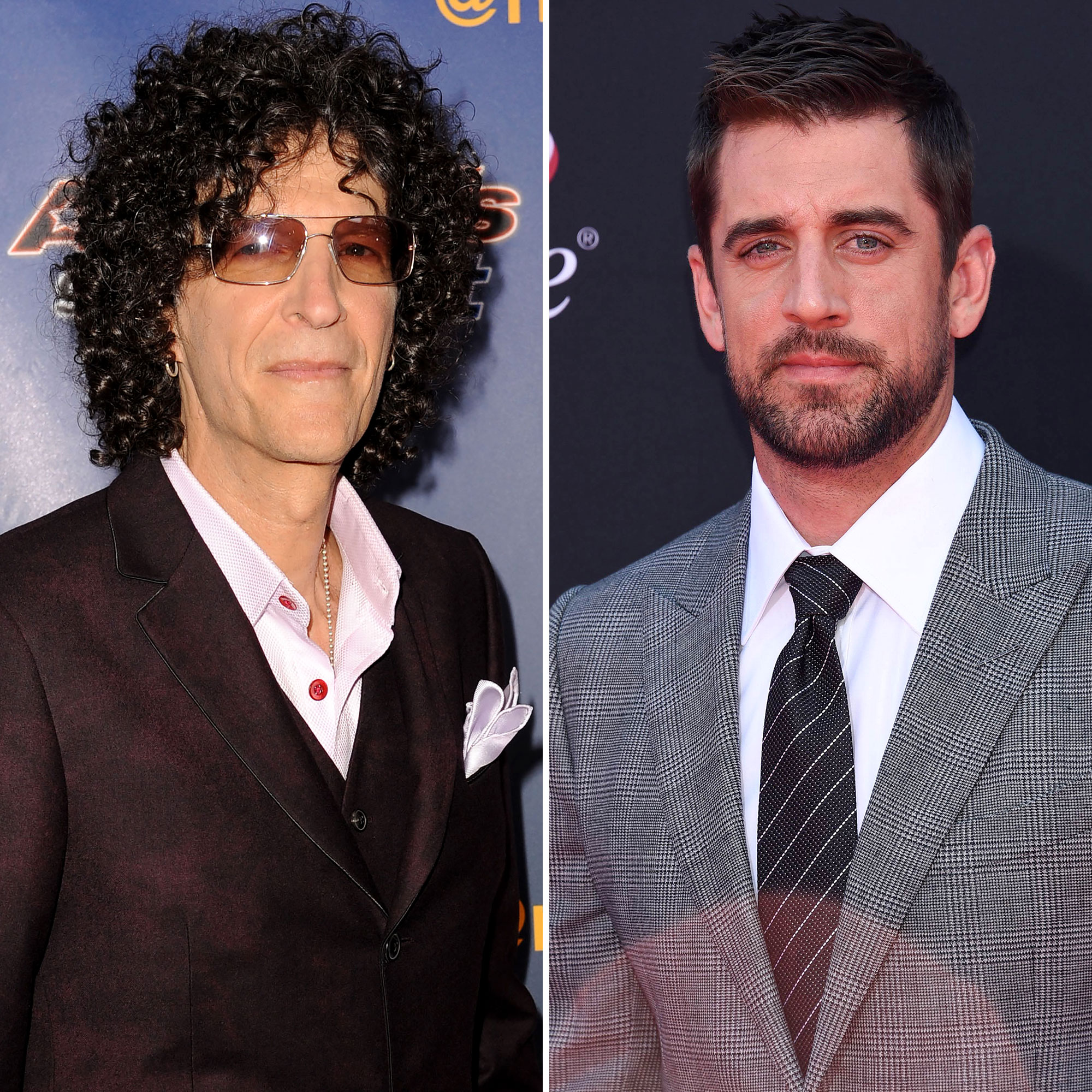
Martin's morning radio show format was uncommon in the late 1920s. She was on WBBM (AM) in Chicago as early as 1929, hosting a morning program she called the "Musical Clock." She played up-beat songs, gave the time and temperature, and read the latest weather.

One of the first woman disc jockeys was Halloween Martin. The first British DJ was Christopher Stone, who in 1927 convinced the BBC to let him broadcast a program consisting of American and American-influenced jazz records interspersed with his ad libbed introductions. In 1914 his wife Sybil True broadcast records borrowed from a local music store. Meyers started broadcasting a daily program in New York City in 1911 consisting mostly of recorded music. It took a Federal court ruling in 1940 to establish that a recording artist had no legal right to control the use of a record after it was sold. Many noted recording artists tried to keep their recorded works off the air by having their records labeled as not being legal for airplay.
Howard stern ronnie mad license#
The Federal Communications Commission also clearly favored live music, providing accelerated license approval to stations promising not to use any recordings for their first three years on the air. Most radio stations had an orchestra or band on the payroll. In the early radio age, content typically included comedy, drama, news, music, and sports reporting. īy 1910, radio broadcasters had started to use "live" orchestras as well as prerecorded sound. Ray Newby, of Stockton, California claimed on a 1965 episode of CBS I've Got a Secret to be regularly playing records on a small transmitter while a student at Herrold College of Engineering and Wireless in San Jose, California in 1909. In 1907, American inventor Lee de Forest broadcast a recording of the William Tell Overture from his laboratory in the Parker Building in New York City, claiming "Of course, there weren't many receivers in those days, but I was the first disc jockey".

Fessenden broadcast both live and recorded music from Brant Rock, Massachusetts. On Christmas Eve 1906, American Reginald A. The earliest broadcasts of recorded music were made by radio engineers and experimenters. In 1892, Emile Berliner began commercial production of his gramophone records, the first disc records to be offered to the public. Lee de Forest broadcasting Columbia phonograph records on New York station 2XG in 1916. ĭuring the 1950s, 60s and 70s, radio DJs exerted considerable influence on popular music, especially during the Top 40 radio era, because of their ability to introduce new music to the radio audience and promote or control which songs would be given airplay.
Howard stern ronnie mad series#
Unlike the modern club DJ who mixes transitions between songs to create a continuous flow of music, radio DJs played individual songs or music tracks while voicing announcements, introductions, comments, jokes, and commercials in between each song or short series of songs. Ĭulminating in the "golden age" of Top 40 radio, from approximately 1955 to 1975, radio DJs established a style of fast talking patter to bookend three minute pop songs.

The term combined "disc", referring to phonograph disc records, and "jockey", denoting the DJs practice of riding the audio gain, or alternately, riding a song to success and popularity. The term "disc jockey" first appeared in print in a 1941 issue of Variety magazine, although the origin of the term is generally attributed to American radio news commentator Walter Winchell who used it to describe radio presenter Martin Block's practice of introducing phonograph recordings to create a "Make Believe Ballroom" experience for radio listeners.

The history of radio disc jockeys covers the time when gramophone records were first transmitted by experimental radio broadcasters to present day radio personalities who host shows featuring a variety of recorded music.įor a number of decades beginning in the 1930s, the term "disc jockey", "DJ", "deejay", or "jock" was exclusively used to describe on-air personalities who played selections of popular recorded music on radio broadcasting stations. Disc jockeys at WMCA (AM) New York in 1964


 0 kommentar(er)
0 kommentar(er)
